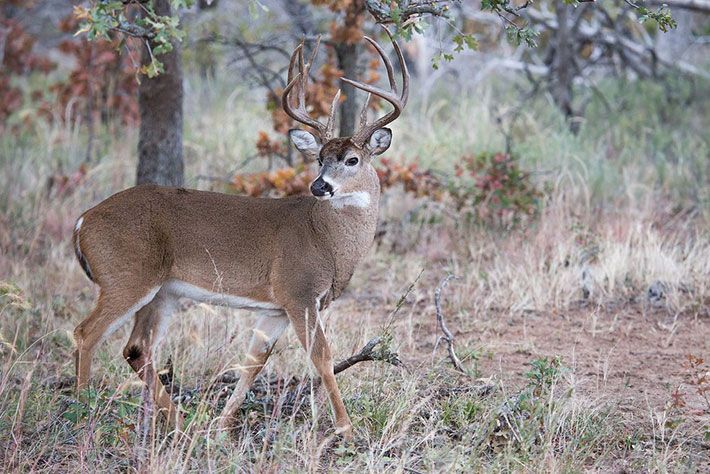April 2025 NRC Preview
April 2025 NRC Preview

Commissioners will vote on reopening Michigan’s coyote season at the April Natural Resources Commission meeting later this week.
The meeting, scheduled for Thursday, April 10, at 9:30 a.m. at Lansing Community College West Campus.
Wildlife Conservation Order Amendment #4 of 2025 is eligible for action at the meeting. The order requested by Commissioner John Walters would restore Michigan's year-round coyote hunting season.
The order was necessitated when the commission illegally closed the season in March 2024, using social assumptions and unsubstantiated political pressures as justification.
For more on the closure refer to MUCC’s recap of the March NRC meeting HERE.
Another pair of orders are up for commission action, an order setting waterfowl regulations for the current cycle, and Wildlife Conservation Order Amendment #5 of 2025 which allows for two additional dogs to be brought in on leash to a treed bear during the training period. This order was brough forward after the DNR did not include a regulatory change supported by the bear forum to allow 10, instead of the current eight, dogs to be used during the training period.
There are a trio of amendments up for information this month, with action as soon as the May meeting.
Wildlife Conservation Order Amendment #6 of 2025 is small game regulations. The order, if passed, would change the December pheasant hunt season to include all of Zone 3, proposes no change to woodcock season dates, and makes an administrative change regarding red squirrels and ground squirrels.
Wildlife Conservation Order Amendment #7 of 2025 would substantially change Michigan’s fall turkey season, combining Turkey Management Units, and opening much of the state to fall turkey opportunities, but allowing hunters to only purchase a single fall turkey tag, good for any unit.
Wildlife Conservation Order Amendment #8 of 2025 tackles off regulation cycle deer changes. The amendment would restore antlered opportunity to the Independence and Liberty hunt. This is a recommendation being proposed by the DNR and is supported by both the Upper and Lower Peninsula Deer Advisory Teams (DAT).
At MUCC’s 2025 annual convention the membership approved a resolution to support the restoration of this opportunity.
Included in the memo, but not in the wildlife conservation order, is a highly controversial UP DAT recommendation that the high snowfall zone of the UP be opened to archery take of antlerless deer on a deer license or combination tag.
While not included in the proposed regulatory language, the correct section of the wildlife conservation order is open and can be added to the amendment by commissioners.
The April 2025 meeting will be live streamed on our Facebook page as technology allows.
Historically MUCC streams the NRC meetings on our Facebook page, going forward we may be transitioning to YouTube or other platforms due to a change in Facebook policies.
To ensure our natural resources remain protected and managed thoughtfully and our outdoor heritage defended, join Michigan United Conservation Clubs today: http://bit.ly/JoinMUCC.
Recent Posts



